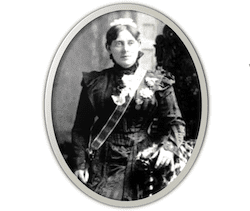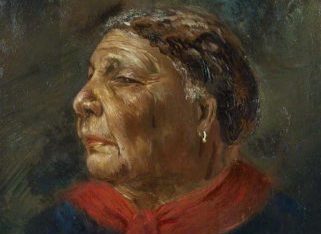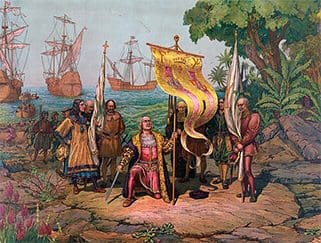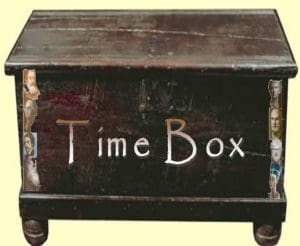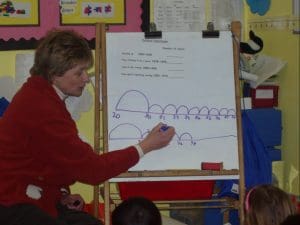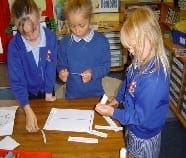
What follows below is an attempt to summarise the key points from recent research and to illustrate them with lively examples. I expect this area of the site will grow considerably in the coming months, but this will give you a good start.
How to develop more creative behaviour in history lessons
Children should be encouraged to:
- Respond flexibly, intuitively and imaginatively when challenged by historical problems.
- Challenge conventional responses and assumptions, e.g. were the reasons for… as simple as that?
- Ask open-ended questions about the past, e.g. to the hot-seated teacher.
- Use their knowledge to hypothesise about the past, for example by asking What if you knew about the plot to kill the king what could you do? What would you do today if …? Supposing that …
- Suggest and explain their own reasons and results of events. Why do you think this happened? Now we’ll look at some



